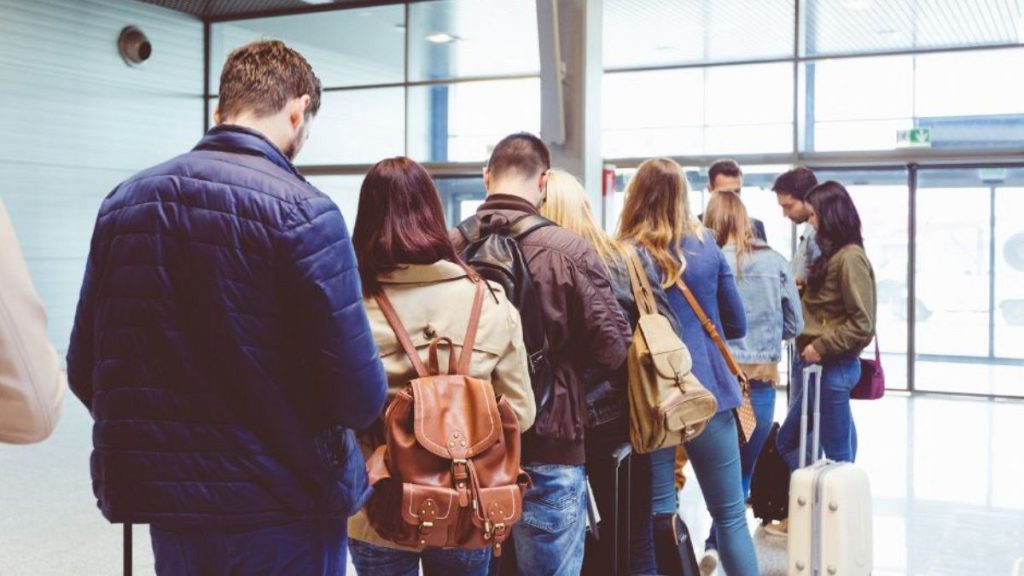The EU’s post-Brexit Entry/Exit System (EES) has faced numerous delays but is finally set to launch this autumn. Most UK adults are unaware of how the EES will work, but ABTA – The Travel Association – has provided clarity on the system. The EES will replace physical passport stamps with an electronic system that records entries and exits in participating European countries. Citizens of EU and Schengen countries will not be affected, while those from “third countries,” including most UK travelers, will be subject to the EES. Short-stay travelers will need to provide their passport, have a photo and fingerprints electronically scanned upon arrival in Europe.
The EES applies to travelers coming from third countries, such as the UK, for short stays of up to 90 days within a 180-day period. EU and Schengen citizens will not be affected by the system. Checks will typically occur upon arrival in Europe, but for travelers departing from the UK via Dover or international train, checks will take place during departure due to the dual border setup. British passport holders with EU residency will be exempt from the EES, allowing for seamless travel within the EU and Schengen area.
The European Travel Information and Authorisation System (ETIAS) is another new system set to be introduced in 2025 for travel within the EU. Similar to the USA’s ESTA and the UK’s ETA scheme, the ETIAS will require travelers from third countries to apply for authorization ahead of travel to 30 participating European countries. The system will cost €7 for most travelers, will be free for those under 18 and over 70, and each application will be valid for three years. Travelers on a visa or British passport holders with EU residency will be exempt from the ETIAS requirement.
ETIAS applications are expected to take between 30 minutes and 96 hours to process. The authorization will need to be renewed if a passport expires during the ETIAS validity period or if it expires while the traveler is still in the EU. Visa-exempt travelers from third countries will be required to obtain ETIAS authorization before embarking on short stays in the EU. Ireland is exempt from the ETIAS scheme as part of the Common Travel Area. The system is not yet live, and any websites claiming to offer ETIAS services should be avoided until the official launch.
The EES and ETIAS systems indicate a shift towards stricter travel regulations within the EU and Schengen area. By digitizing border control processes and enhancing security measures, the EU aims to streamline the movement of travelers while ensuring the safety and security of its borders. Travelers from third countries, such as the UK, will need to familiarize themselves with these new systems to ensure seamless travel experiences and compliance with the evolving travel requirements in Europe. As the launch dates for these systems approach, travelers should stay informed of updates and regulations to facilitate hassle-free travel within the EU.


